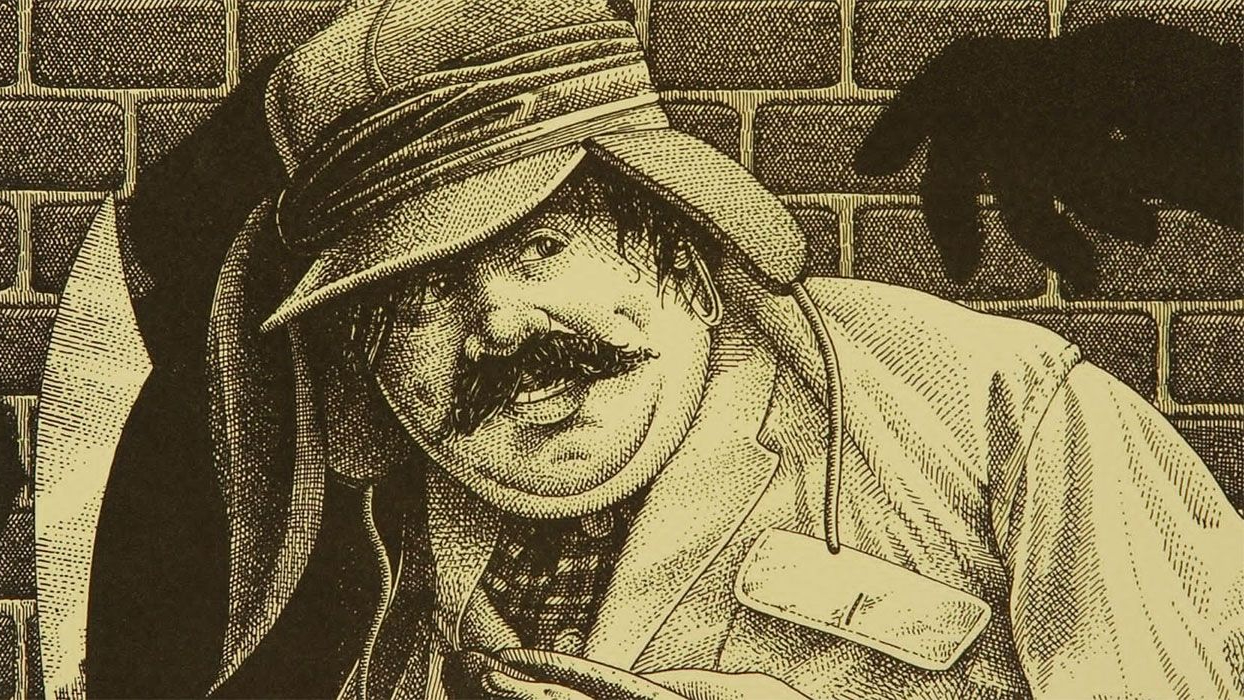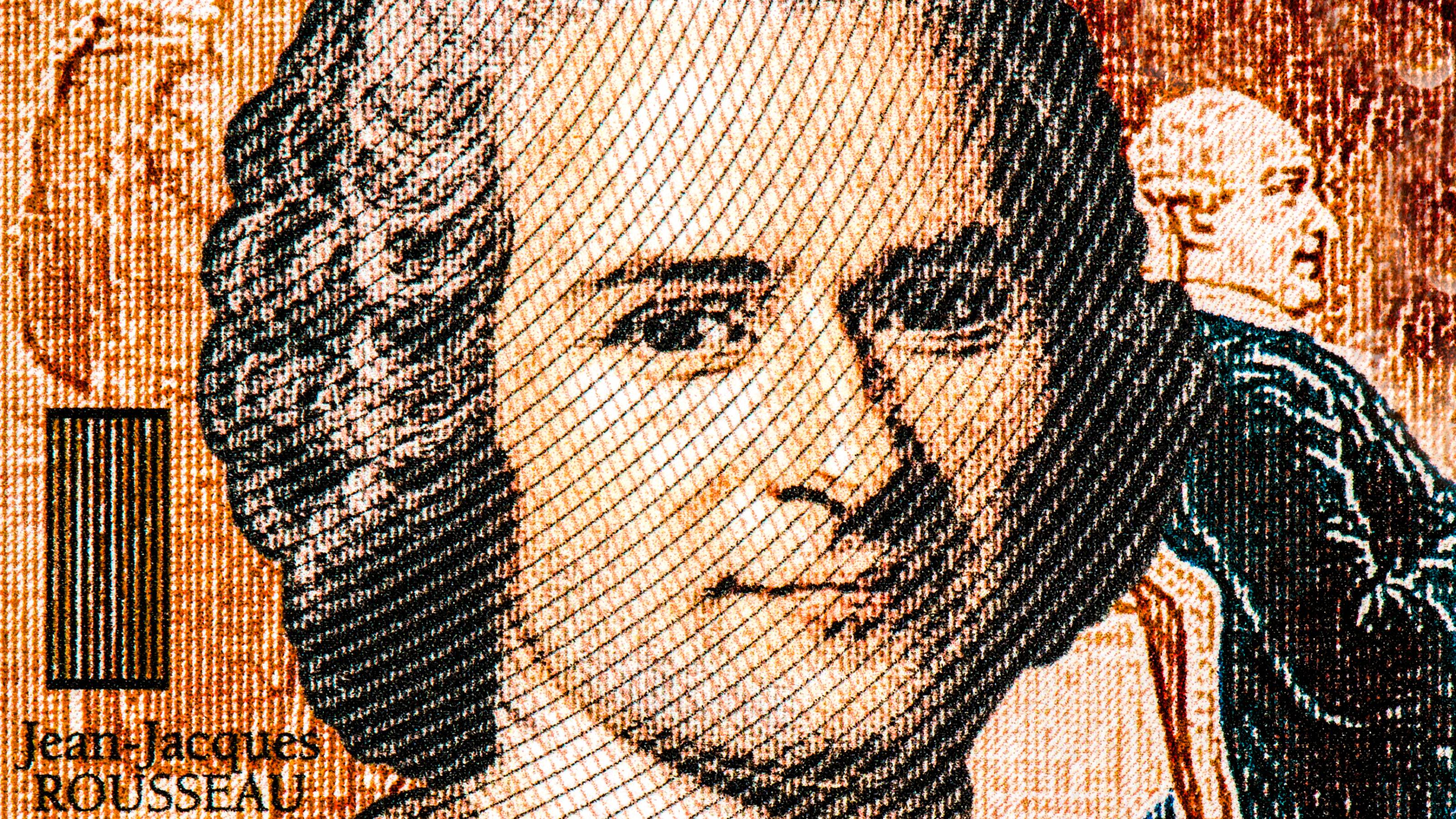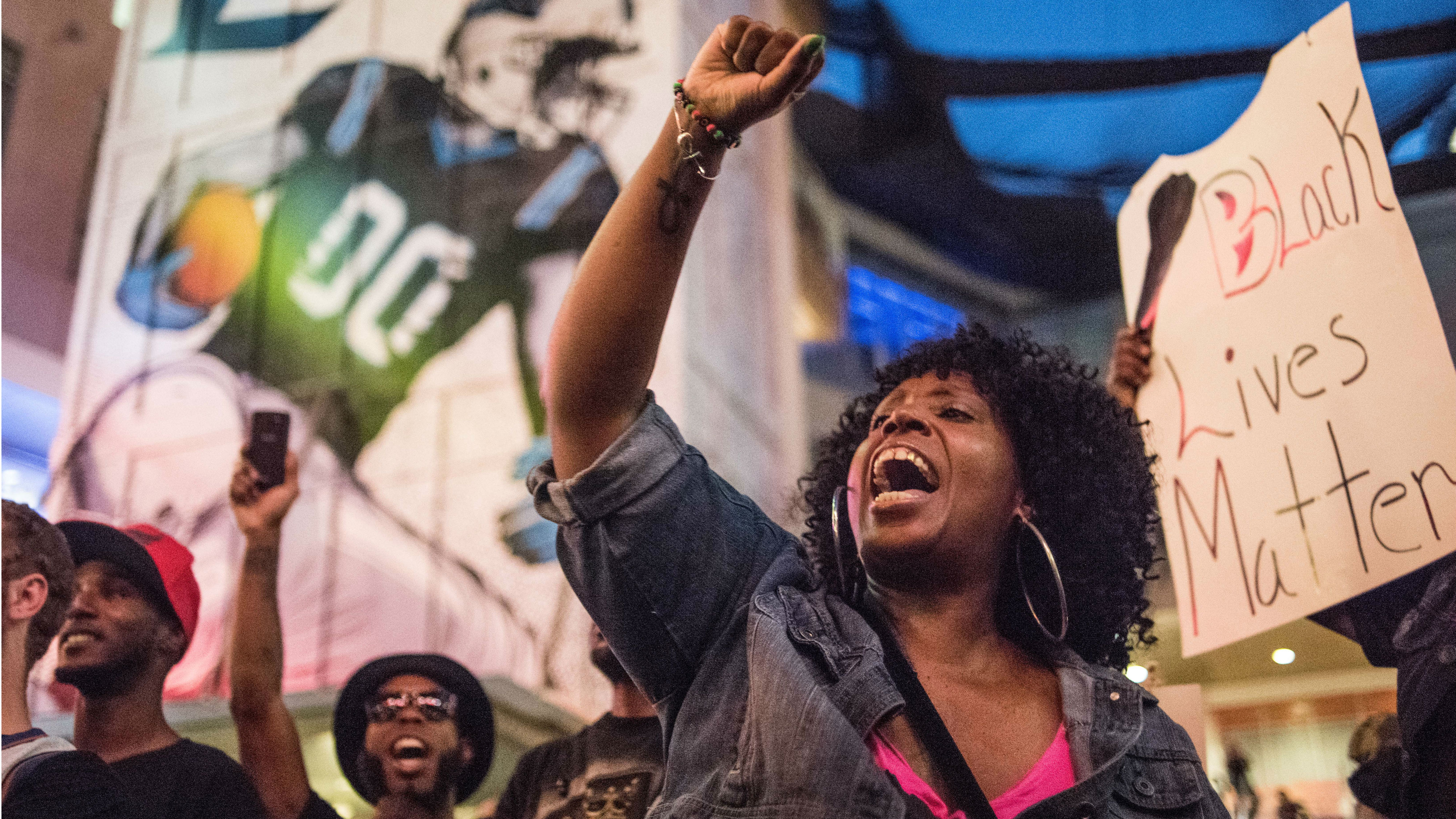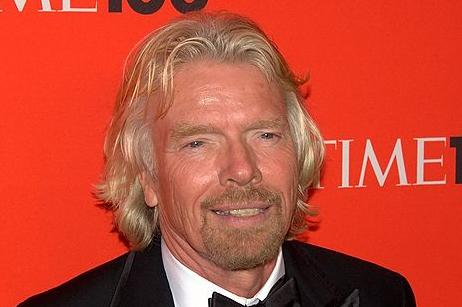Can an Atheist Be a Unitarian Universalist? (Part 3)

In my previous post in this series, I quoted a shockingly anti-atheist letter written by Rev. John Buehrens, former president of the Unitarian Universalist Association. This letter repeated all the worst falsehoods and prejudices of fundamentalist proselytizers: failing to draw any distinction between peaceful activism and violent coercion, accusing all outspoken atheists of collective guilt for the atrocities of totalitarian regimes while airily saying that “real” religion never commits evil deeds, and finishing off with condescending “tell me about the god you don’t believe in” rhetoric which implies that atheism can only be based on ignorance.
This was my reply to that letter:
Dear Rev. Buehrens,
Thank you for the courtesy of your reply. You’ve certainly made it clear to me where I stand.
For your information, I am one of the “new atheists” you refer to. I claim this label because I deplore the vast harm caused by traditional, dogmatic, creed-based religions: the oppression of thoughts, minds, bodies, and societies in the name of God that’s been going on for millennia and is still happening today. I chose to join Unitarian Universalism because I had expected that I would meet people who would understand my grievances and perhaps even share my concerns. But now I see that if I express my viewpoint, I can expect to be derided as a spiritual adolescent, filled with murderous hatred, and a follower of a demonic pseudoreligion. It still amazes me that a Unitarian Universalist minister could deliver these insults so casually.
I think your history omits some important facts that alter the picture you present. I could point out, for example, that the Nazis wore belt buckles that read “Gott Mitt Uns” and distributed their own translation of the Bible; that Hitler gave public speeches in which he declared the necessity of religious education and boasted that he had stamped the atheist movement out. I could point out that Stalin sought and received the blessing of the Russian Orthodox church as a divine savior, and that numerous clergy members, including an archbishop, collaborated with the Soviet regime in spying on their parishioners.
I could also point out, if I were so inclined, that equally deplorable episodes in history have been the result of religious zealotry: the abuse and torture of children caught up in witchcraft panics, legalized discrimination against GLBT people, the obscene oppression of women in Islamic theocracies like Saudi Arabia, the anti-choice violence waged by Christian terrorists in America today, the sickening abuse of children covered up for decades by the Roman Catholic church, the ongoing sectarian violence and strife in the Middle East. In all these cases, I think it’s undeniable that religion has directly caused or contributed to suffering and bloodshed.
But what matter? You’ve already stated your view that none of these atrocities could ever have been motivated by “real” religion. Yet you’re swift to condemn atheists on the basis of the same guilt-by-association argument you reject as fallacious when applied to religion. You’ve essentially said that I, a UU who believes in human rights and the seven principles, should be tarred with the same brush as murderous totalitarian regimes based on personality cults and a quasi-religious belief in the infallibility of the leader – all merely because I’m an atheist. I have no words to express how disappointing this is.
To finish off, you say you have a “a great deal of respect” for most atheists, and yet you immediately follow up that remark with a dismissive, condescending “tell me about the god you don’t believe in” gambit, which strongly implies that the person you’re speaking to is an atheist only because they haven’t thought the matter through as deeply as you have. Let me assure you that I disbelieve in all gods equally, whether they’re anthropomorphic, abstract, or anywhere in between.
I attend a UU congregation that’s never been anything but friendly and welcoming towards me and my views, and on the strength of that, I had always assumed that there was a place for me within the wider world of Unitarian Universalism. After reading this book and your response, however, I’m no longer so certain. I thank you for your time.
I wasn’t expecting a reply to this. Somewhat to my surprise, I got one. But even more to my surprise, it seemed like it had come from a completely different conversation:
Dear Adam,
I am glad you have found a welcome in a UU community, and I welcome you as well. There are plenty of people in our midst who hold your position. Needless to say, my own experience and study of history comes at some of these things from a somewhat different angle. You asked about a historical reference in the book, and I expanded on my concern that there be no denial that secular forces can be just as murderous as religious ones.
With warm good wishes,
John
Although Buehrens never says so explicitly, he’s obviously backed off his original position. The sentiments he expresses in this letter are in no way compatible with the hostile, combative stance he struck earlier. I have no idea what motivated this shift in tone or whether my letter had anything to do with it.
Nevertheless, this story doesn’t end here. A Chosen Faith still contains the viciously anti-atheist language I called out earlier, and it’s still being sold by Beacon Press and promoted by the UUA. The next step is going to be to get in touch with those responsible parties and see how (or whether) they respond. Look for another update to this continuing story sometime in the coming weeks.





